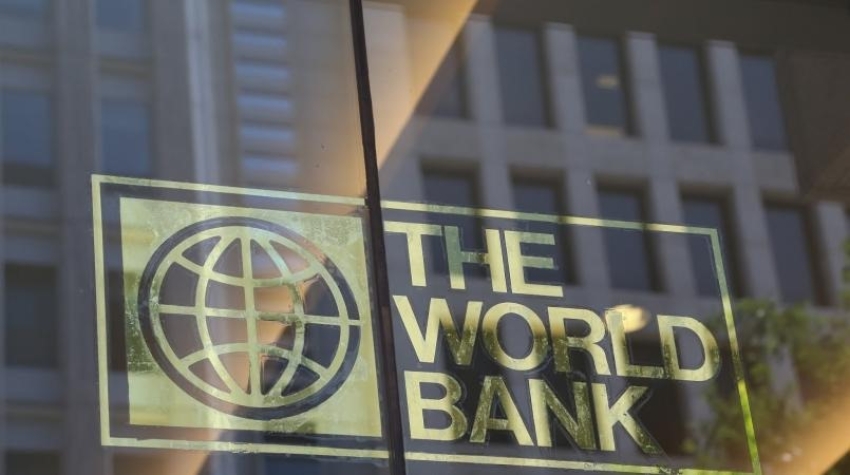The US $40 million investment will help Saint Lucia’s sustainable development by generating extra revenue, securing additional financial resources that can be directed towards poverty reduction efforts, as well as helping the country build up its resiliency against future shocks.
These projects will be implemented through the use of two development pillars. The first pillar includes assistance for the implementation of new fiscal policies announced by the government, such as the introduction of the Health and Citizen Security Levy (HCSL) and the increased taxes on cigarettes
“The first pillar supports Saint Lucia’s reforms toward fiscal sustainability, increasing revenue and transparency, and managing resources more efficiently…it will support the development and implementation of new regulations for public financial management, rules for public procurement, and the consolidation of the Public Debt Management Act,” the Bank said in a press release.
The second pillar will oversee climate resilience, adaptation, and mitigation. Like many small island states, Saint Lucia is also at risk of climate impacts, including gradual changes in rising sea levels and coastal erosion, as well as sudden events like hurricanes, floods, and landslides. These events can be especially harmful to tourism and agriculture, significantly impacting its economy and finances.
“The second pillar will support efforts in climate change mitigation and adaptation by helping the government implement the National Energy Policy and Climate Change Bill, which aims to speed up the shift to an economy with lower carbon emissions by promoting the use of renewable energy sources, reducing reliance on imported energy, and cutting costs. To improve the business environment, the project includes measures to help implement the Insolvency Bill and Security Interest in Moveable Property Act, which make it easier for businesses to access funds.”
The resources will be deployed via a Development Policy Credit, a financial instrument the World Bank uses to support policy and institutional reforms to help countries achieve sustainable growth and reduce poverty.


